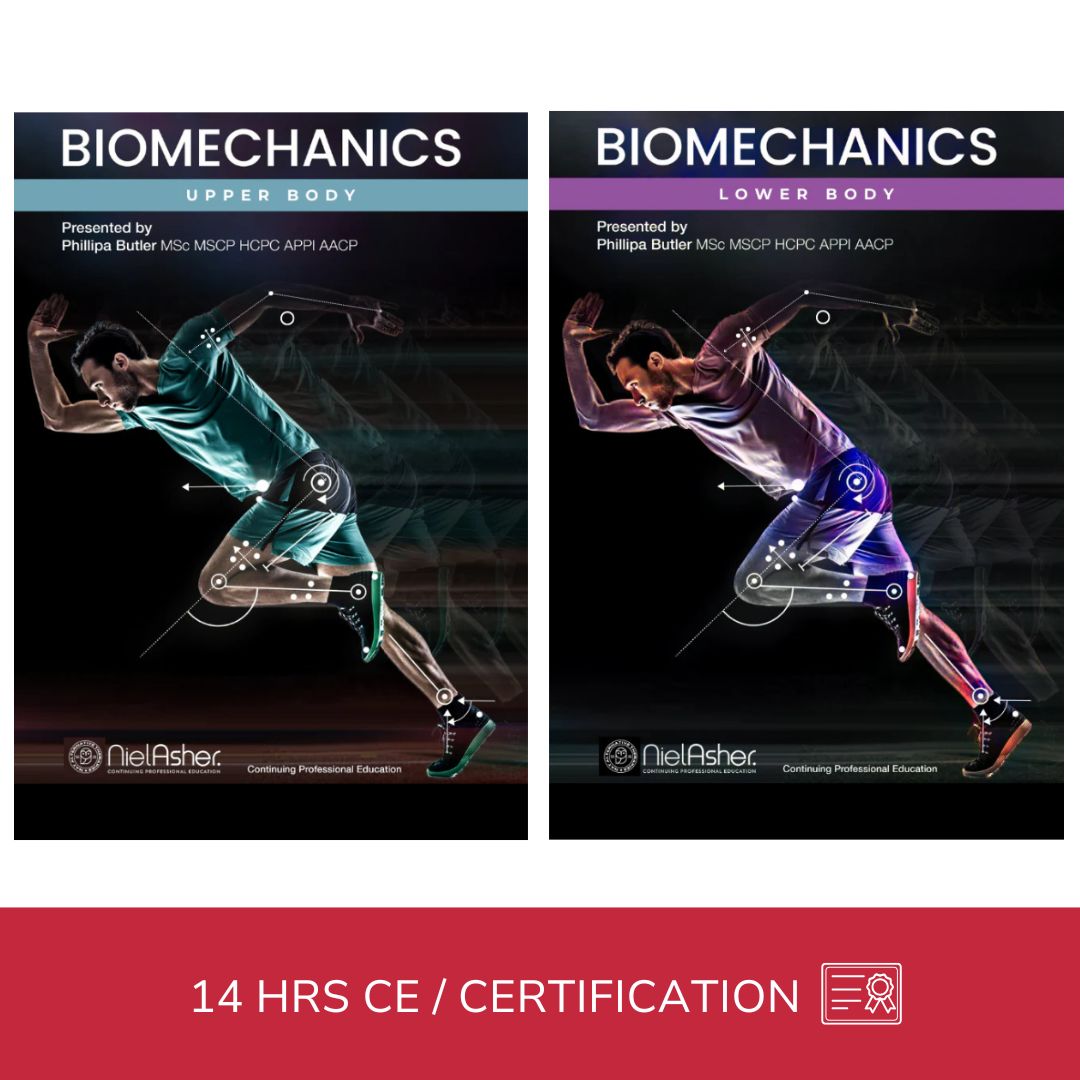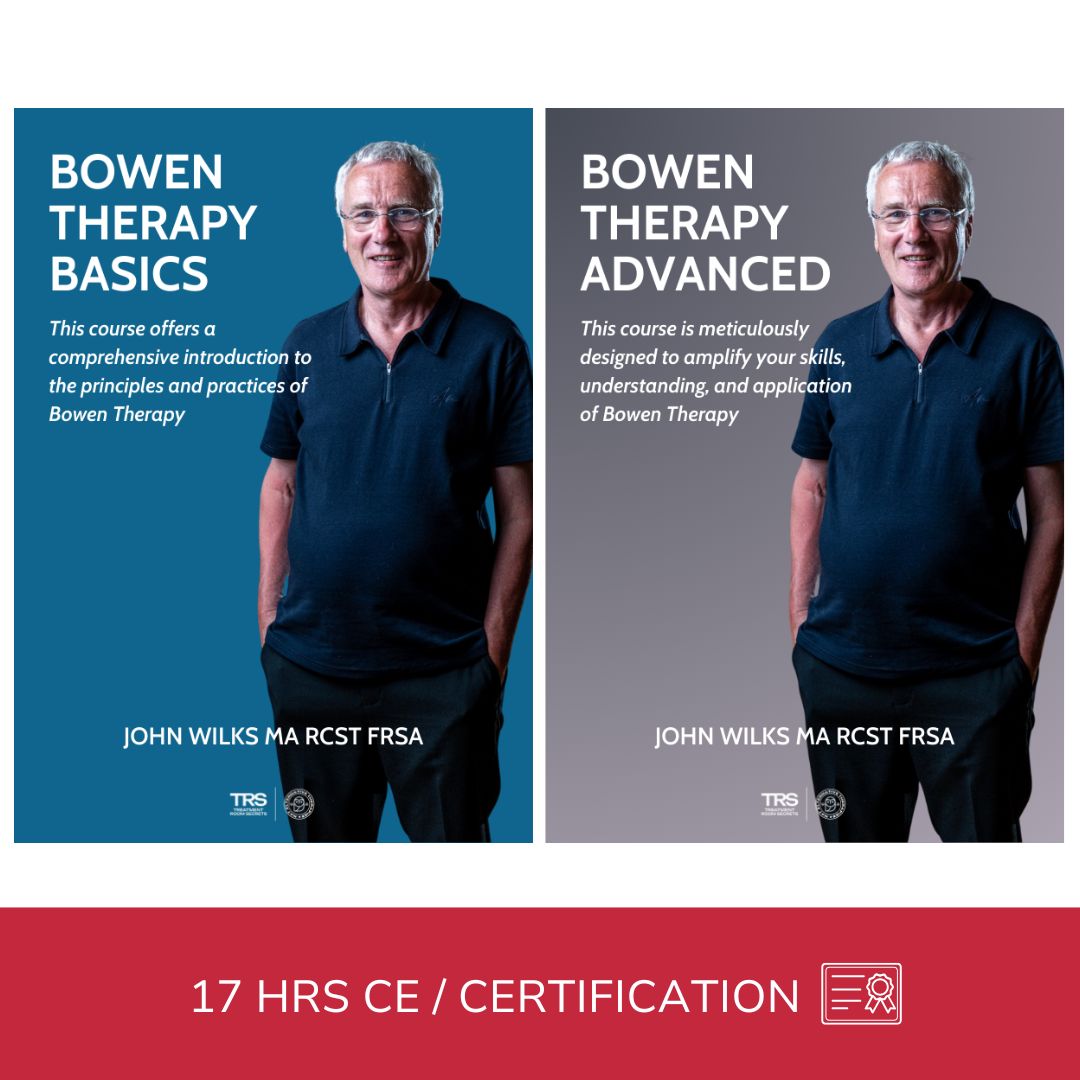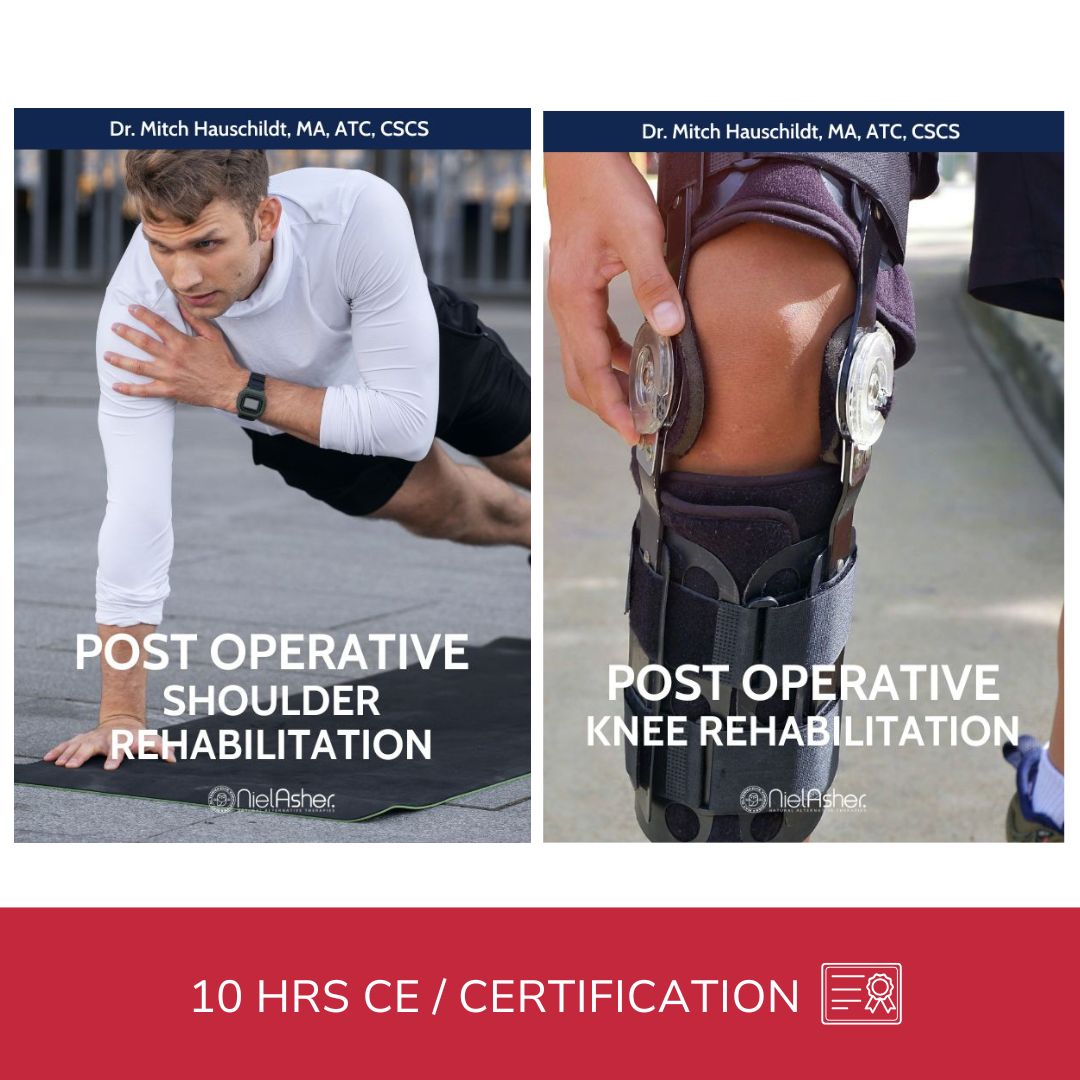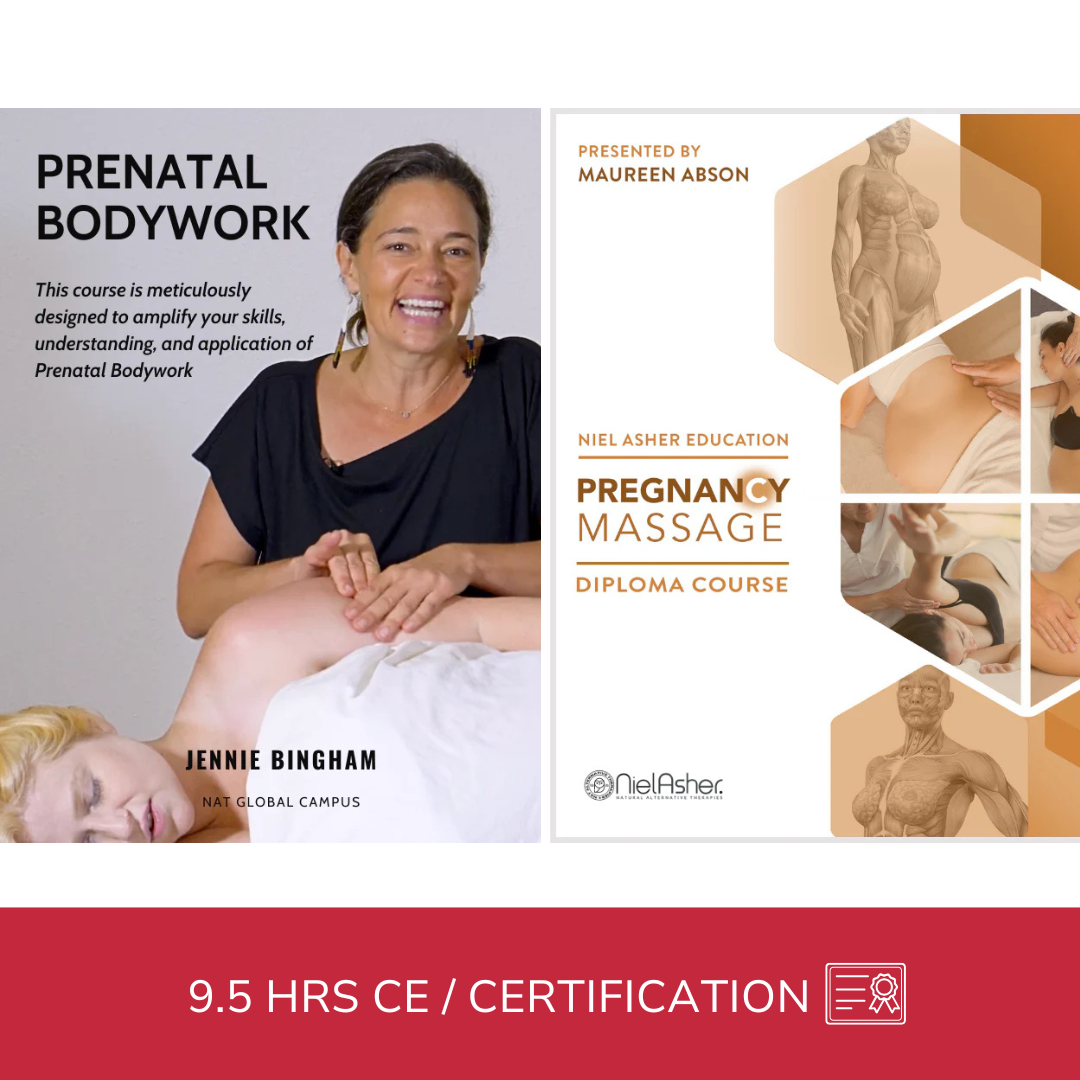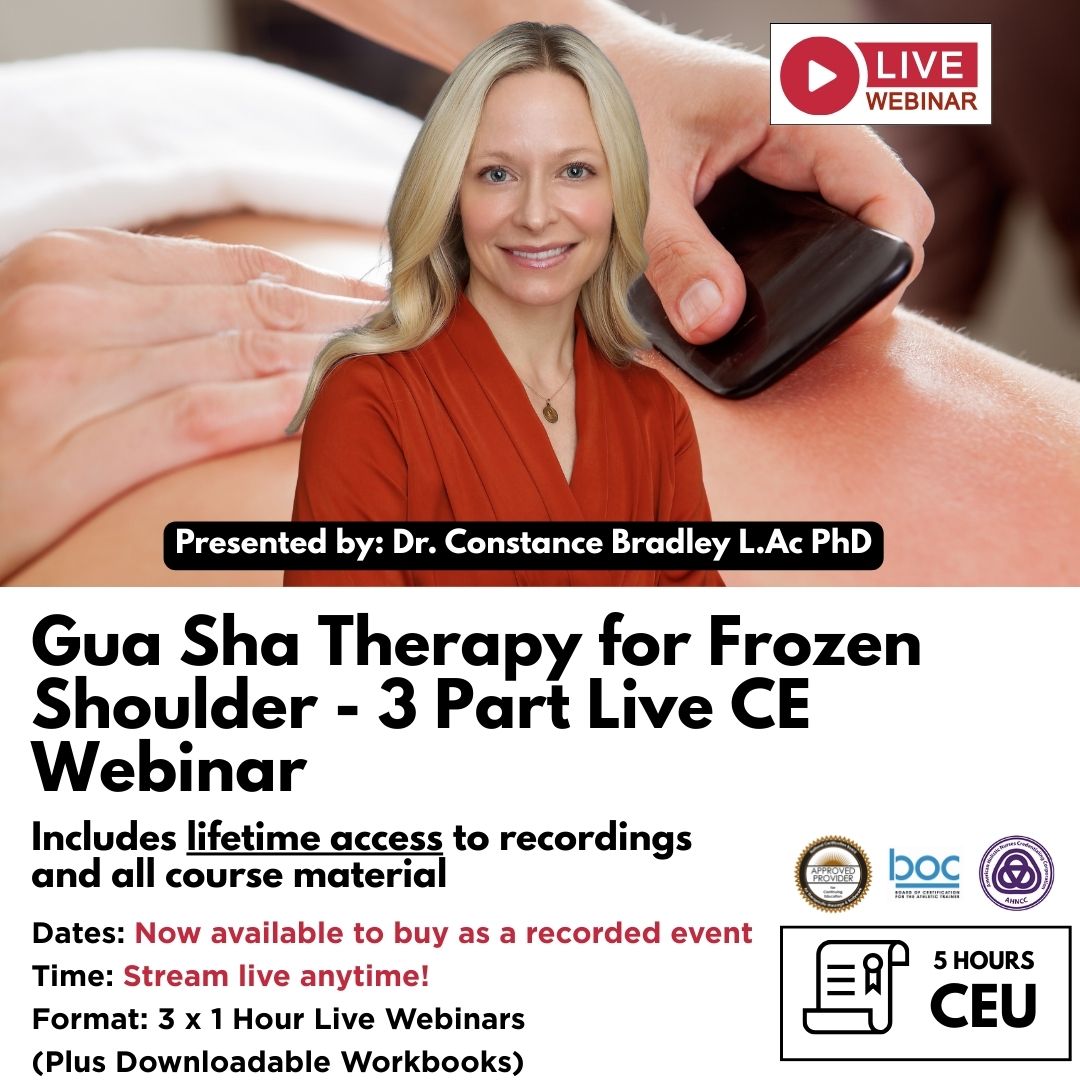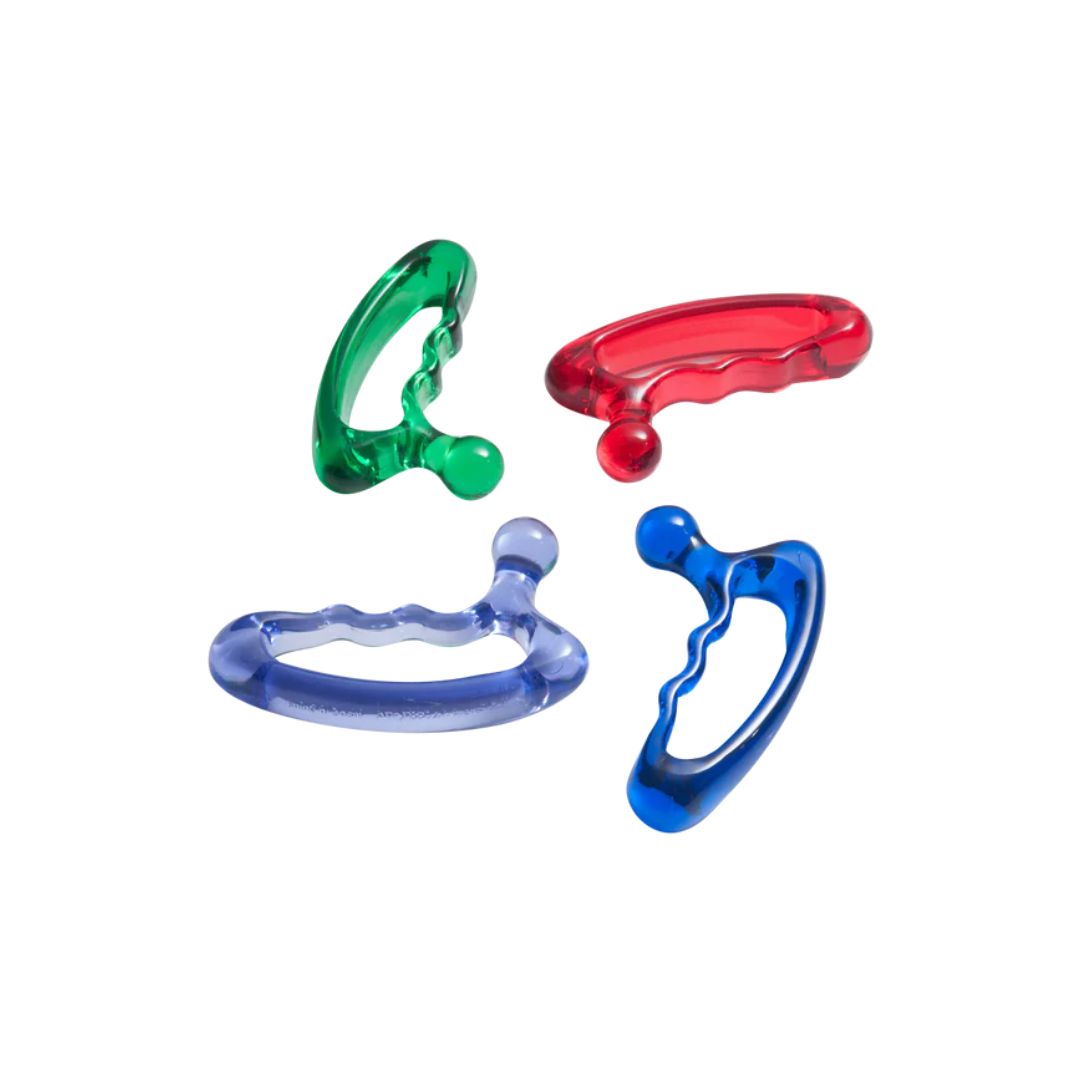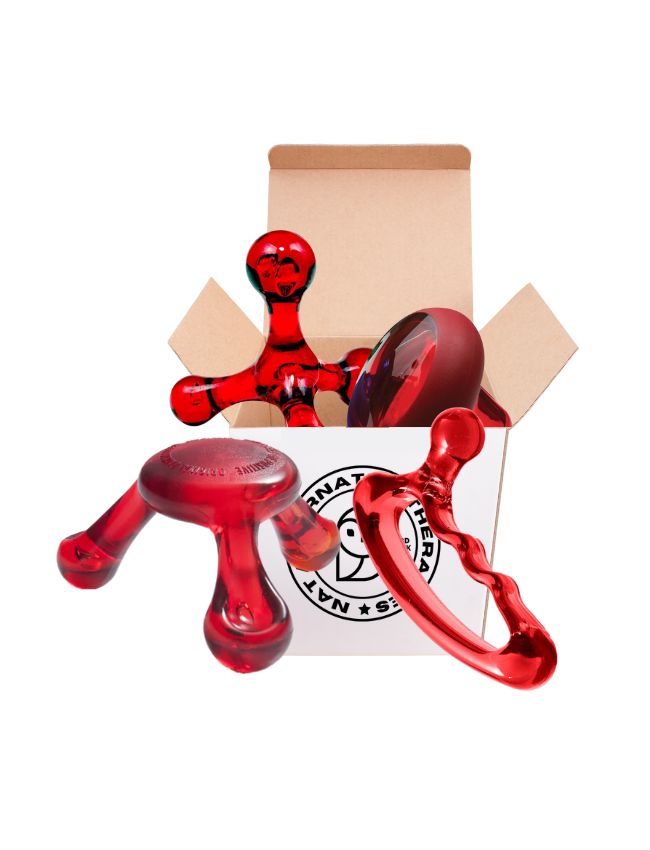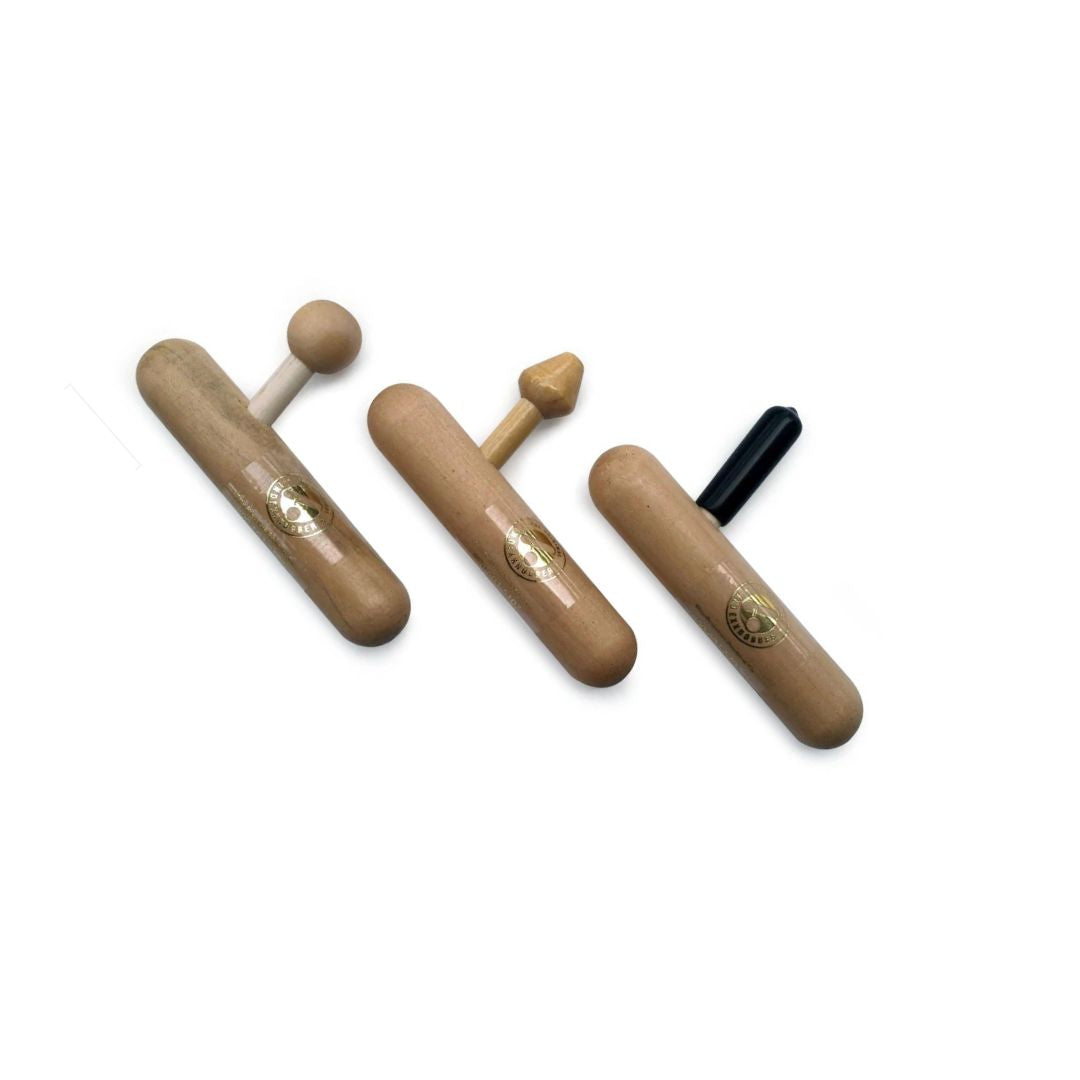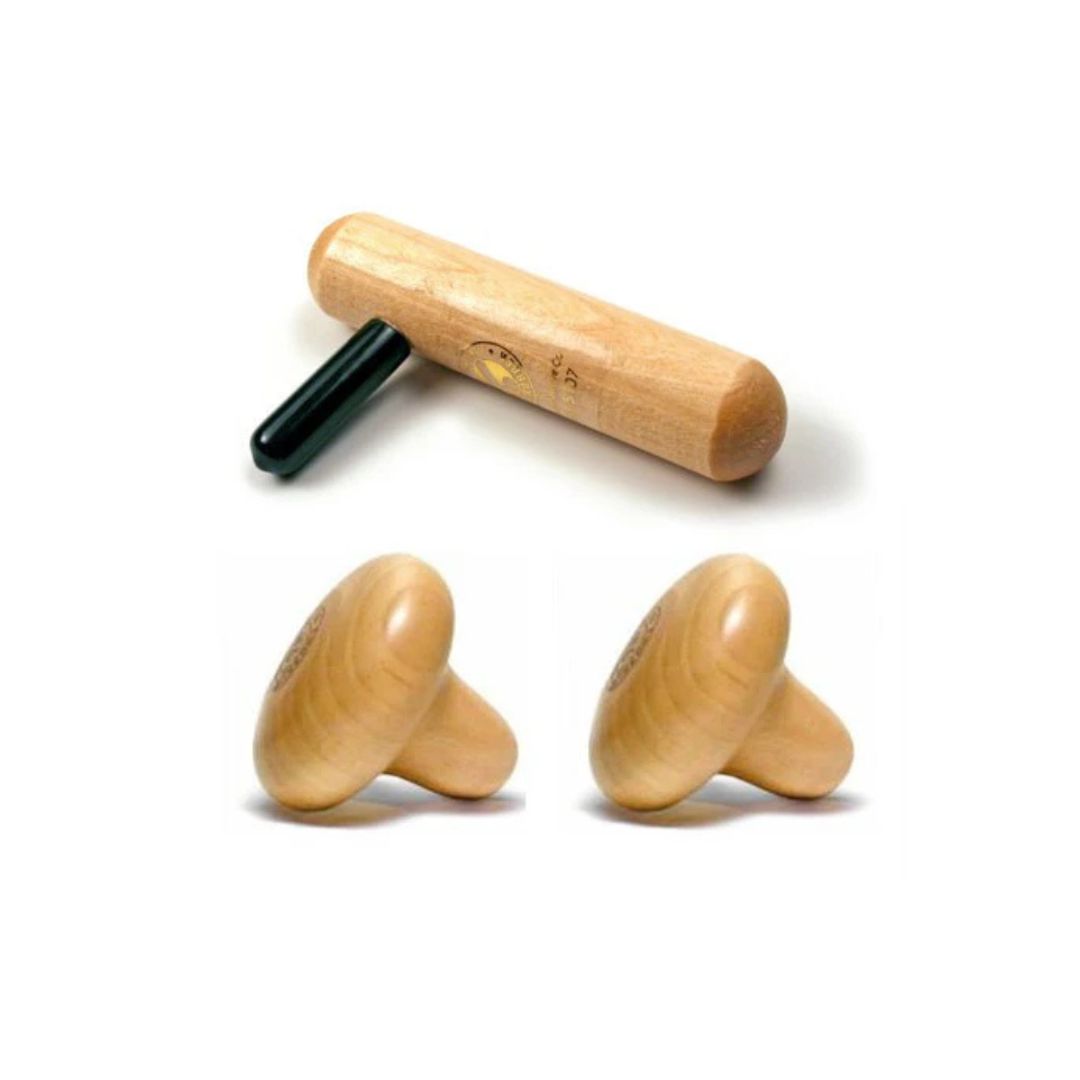Orthopedic Cupping - Ankle Strain

Dr Joi Edwards Presents Massage Cupping for Ankle Strain
The ankle has three major ligaments on its lateral side. The anterior talofibular ligament, the posterior talofibular ligament and the calcanealfibular ligament. We are going to focus on these three ligaments because they are most often injured but the treatments we go over for ankle sprains can be applied to any ligament at the ankle.
These ligaments connect bone to bone, help provide stability and prevent excessive mobility from occurring at the ankle. These ligaments are the most injured ligaments of the ankle.
The anterior talofibular ligament originates from the front of the lateral malleolus of the fibula and attached to the front of the talus.
The job of the anterior talofibular ligament is to resist inversion and plantarflexion, and help prevent the talus from coming forward. It is the most frequently injured ligament of the ankle. The most common mechanism of injury to the ankle ligaments is inversion of the foot.
The posterior talofibular ligament also provides lateral stability to the ankle and originates at the fossa of the lateral malleolus and attached to the posterior surface of the talus. The calcanealfibular ligament is narrow, rounded and connects the calcaneus to the lateral malleous.
Clients with ankle sprains will present with ankle pain that is often worse with weight bearing or with inversion movements, swelling, bruising, limited motion and sometimes maybe even a popping sound.
Pain in the ankle will affect the way a client stands and walks and because of these compensations can lead to knee pain, hip pain and even back pain.
To treat the pain and stiffness from an ankle sprain we typically use the Chakra cups. They are similar to the Energy cups but you can apply these two different ways.
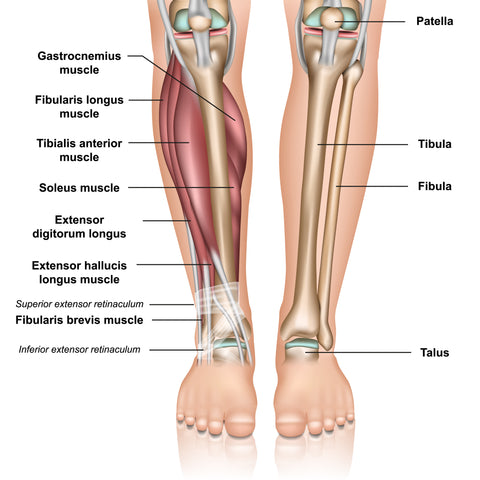
You can flip them inside out and back again just like the Energy cups or you can simply place them how they are over the area you want to treat and push right down on the top of the dome to make them stick. Which comes in really handy to areas that are super round and contoured or don’t have a lot of tissue bulk.
The ankle and its ligaments are relatively small in comparison to other parts of the body. Not only that, this is a very bony region and cups have a hard time sticking here, especially when attempting to move them dynamically.
So instead of moving them dynamically, we’re gonna apply the cups statically over the ankle and have our client perform dynamic ankle movements.
This will allow the adhesions of the soft tissue and ligament fibers to pass underneath and be reduced by the cup.
Have the client stay within their pain-free range and perform dorsiflexion, plantarflexion, eversion, and inversion of the ankle. This will help reduce stiffness and pain and restore normal biomechanics and proprioception to the ankle during rehab.

Please see the video above, and don't forget to subscribe to our Youtube Channel.
If you are interested in advancing your knowledge of orthopedic cupping massage, you can see details of my online cupping diploma course here
About Niel Asher Education
Niel Asher Education (NAT Global Campus) is a globally recognised provider of high-quality professional learning for hands-on health and movement practitioners. Through an extensive catalogue of expert-led online courses, NAT delivers continuing education for massage therapists, supporting both newly qualified and highly experienced professionals with practical, clinically relevant training designed for real-world practice.
Beyond massage therapy, Niel Asher Education offers comprehensive continuing education for physical therapists, continuing education for athletic trainers, continuing education for chiropractors, and continuing education for rehabilitation professionals working across a wide range of clinical, sports, and wellness environments. Courses span manual therapy, movement, rehabilitation, pain management, integrative therapies, and practitioner self-care, with content presented by respected educators and clinicians from around the world.
Known for its high production values and practitioner-focused approach, Niel Asher Education emphasises clarity, practical application, and professional integrity. Its online learning model allows practitioners to study at their own pace while earning recognised certificates and maintaining ongoing professional development requirements, making continuing education accessible regardless of location or schedule.
Through partnerships with leading educational platforms and organisations worldwide, Niel Asher Education continues to expand access to trusted, high-quality continuing education for massage therapists, continuing education for physical therapists, continuing education for athletic trainers, continuing education for chiropractors, and continuing education for rehabilitation professionals, supporting lifelong learning and professional excellence across the global therapy community.
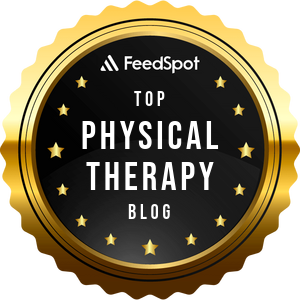
Continuing Professional Education
Looking for Massage Therapy CEUs, PT and ATC continuing education, chiropractic CE, or advanced manual therapy training? Explore our evidence-based online courses designed for hands-on professionals.

